
We get it. It can be hard to decide what you should be eating or eating unhealthy foods. Here are 10 foods to avoid at all costs.
I’m sure you’ve heard the phrase “everything is fine in moderation,” or “a bit of what you fancy does you good.” Perhaps you even say this to yourself. Thinking a little deeper, however, that may not be the case! Not if what you are having in moderation is processed, artificial or overly sugared food.
True, this may give you a few moments of instant gratification. But, it’s likely to be followed by a dip in energy levels, mood swings and a blood sugar surge. So maybe moderation is not really fine!
What you’re actually doing is slowly but surely poisoning your body. Some foods, you should avoid right away if you’re passionate about building a stronger and healthier body. But, it’s not all just down to appearance and a good set of abs. Major health concerns can be addressed by choosing the right foods to eat instead of the top 10 to avoid in your simple meal plan.
If you’re concerned about your health and longevity, there are some cancer-causing foods that should be avoided altogether. This became very important in my own life and recent recovery from skin cancer. As it’s so important, the first four in the list will be related to this.
10 Unhealthy Foods To Stop Eating…
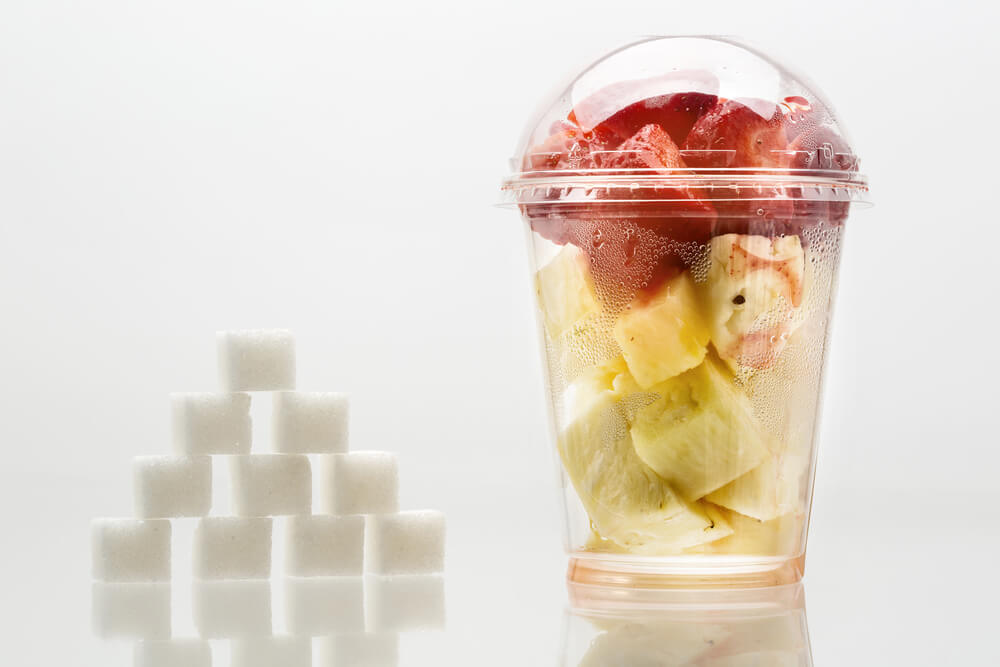
#1 Artificially Sweetened Foods And Beverages
Diet soda and other so-called diet foods are even worse than those sweetened with the standard sugar. Aspartame, used in soda and one of the most common artificial sweeteners, has been found in many studies to cause all types of health conditions, including cancer. Not to mention there are plenty of reasons why soda is bad for you.
Just think about the ingredients in that fat promoting bomb. You have spoons of sugar, some carbonated water, food coloring and more sugar(why is sugar bad). I’d say that flavor is a high price to pay for what you get from drinking it! Sodium benzoate, a common ingredient, has also been linked to allergies, asthma, and eczema. And phosphoric acid has been found to contribute to osteoporosis and tooth decay. The high fructose corn syrup has been linked to obesity, heart disease, and diabetes.
That’s quite the dirty laundry list!
Don’t even use these as a treat. It’s best to eliminate these harmful foods and beverages completely. A recent in-depth study found that people who consume two or more drinks of soda per week have an 87% greater risk of developing pancreatic cancer compared to those who don’t. Also, other chemicals and artificial colors in soda are known to acidify the body, feeding cancer cells. Caramel color has also been linked to an increased risk of cancer.
Forget these!

#2 Microwave Popcorn
Thankfully, it seems that many people have now become aware of the dangers of microwave popcorn. But, at the same time, a large number are obviously continuing to ignore the warnings.
Don’t ignore the facts! Let me explain. Chemicals in the lining of the little bags are linked to an increased risk of infertility. When tested, these chemicals have also been associated with liver and testicular cancer. Microwaving the popcorn is what causes these compounds to vaporize and get into the popcorn as well as your body. Stick to old-fashioned popped corn.
#3 Non-organic, Dirty Fruits And Veggies
It’s best to choose organic wherever possible.
Why?
Because every year, the Environmental Working Group puts together a list of what they call the dirtiest fruits and veggies based on analyzed pesticide residues.
Apples were found to be the worst, with pesticides showing up on 98% of those tested. You also have to be especially careful of sweet bell peppers, imported nectarines, pears strawberries, grapes, celery, peaches, spinach, tangerines and carrots.
Pesticides increase the risk of some cancers and even lower IQ. Don’t run that risk! Choose organic as often as possible. Avoid these toxic chemicals, especially when it comes to the top 10 dirtiest fruits and veggies. Ideally, all fruit with skins on should be washed thoroughly and rinsed well. This includes oranges.
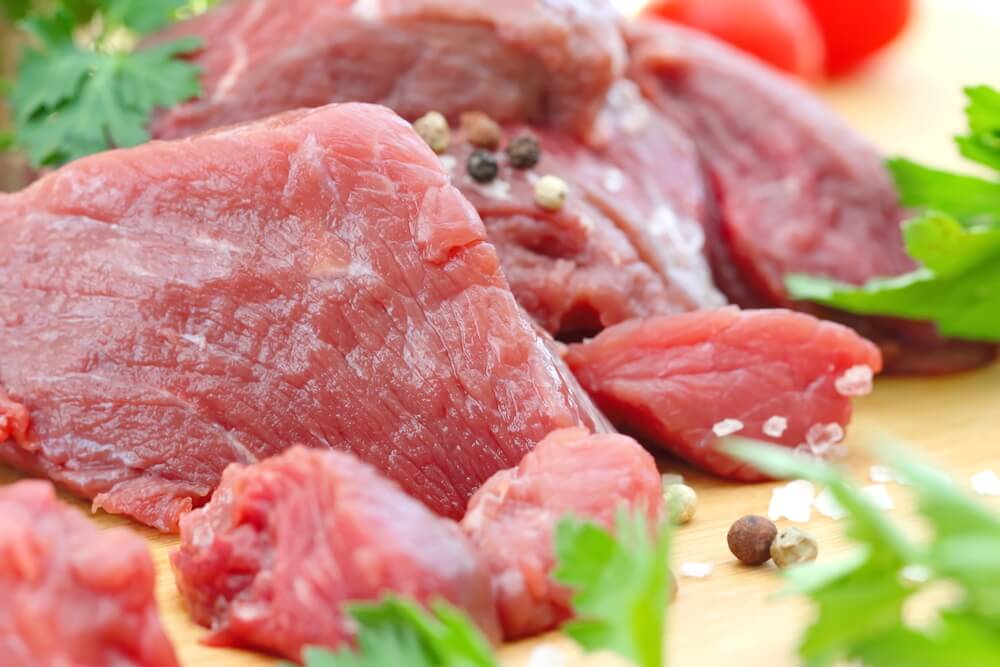
#4 Processed Meats
Processed meat products are preserved using a process that has chemical preservatives. These are linked to a major risk of colon cancer. So it’s important you learn the processed meat definition.
What foods?
Stay away from stuff like sandwich meats, bacon and hot dogs. Most are produced using sodium nitrite. This makes them appear fresh and appetizing. But, if you knew what goes into some processed meats, especially hot dogs, they’re anything but!
They are made up of meat scraps like organs, nerve tissue, bone pieces and other animal parts. Not only that, but the animals they come from are likely to have been fed grains.
What’s in those grains?
They’re packed with pesticides, antibiotics, hormones and even fecal matter. Many studies have shown that the definition of processed meat can increase the risk of pancreatic cancer by 67%. Pass! It would be wise to only consume uncured meat products that don’t contain any nitrates and, wherever possible, from grass-fed animals.
So with the most serious potentially cancerous foods covered, I’m going to move onto the foods to avoid for general fitness and overall health concerns. Here are some more foods you really do want to consider avoiding.
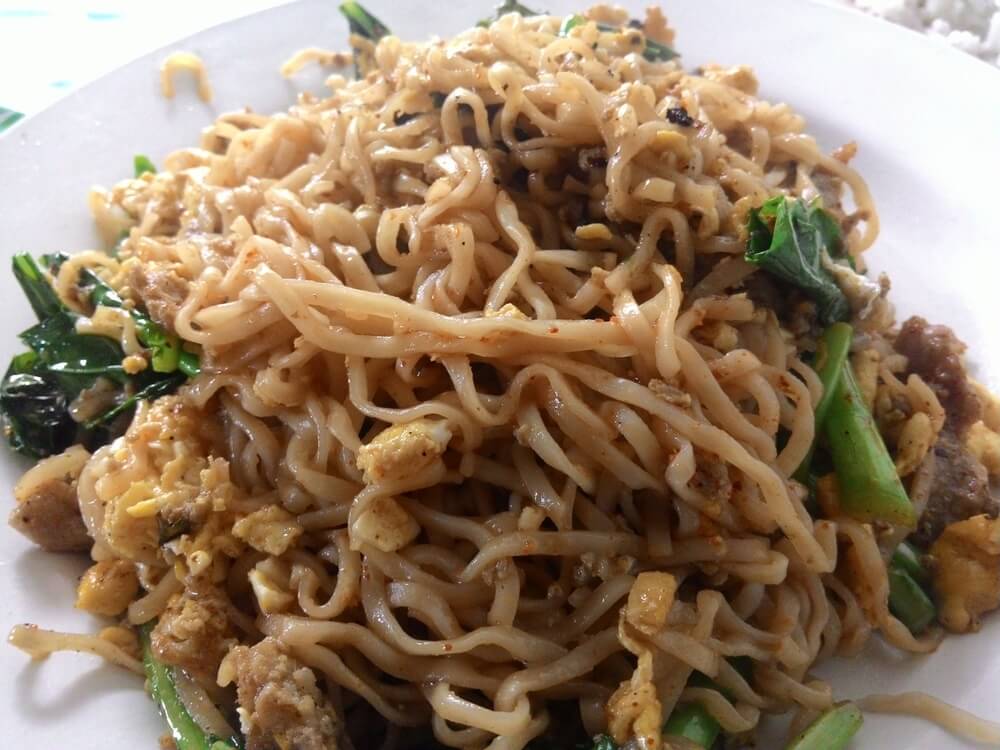
#5 Fried Food
Yes, fried food can taste good. Sadly, many studies and research have found links between fried food and cancer. These studies concluded that consuming fried meats could double the chance of developing bladder cancer. Not only that, eating a lot of fried foods has also been shown to increase the chances of asthma. It’s also highly unlikely that you’ll ever get to develop that healthy set of abs!
Don’t bother!
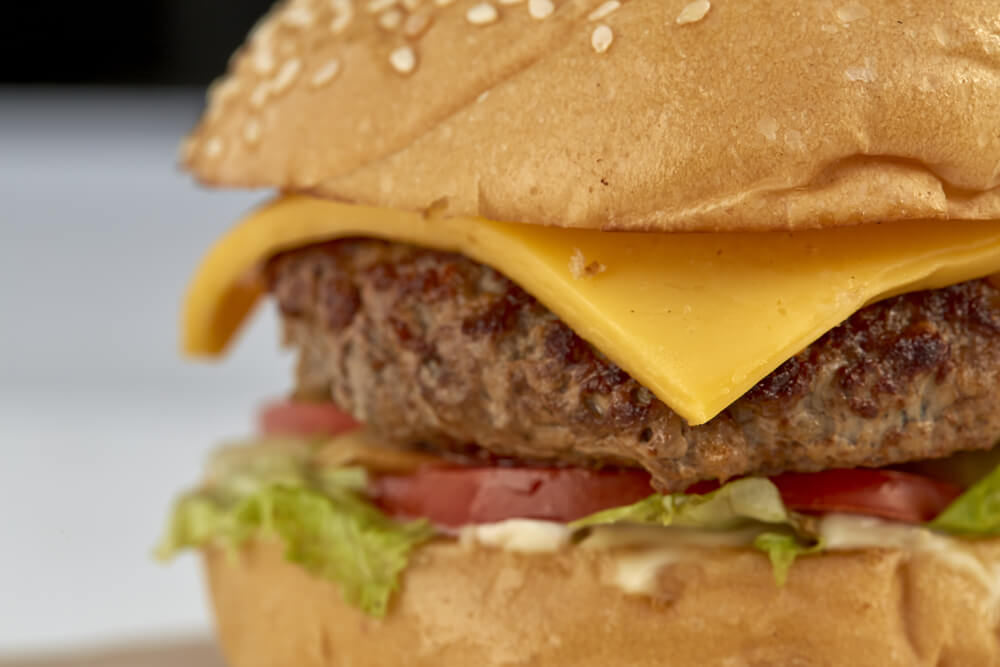
#6 Fast Food
Like fried food, fast food can be tasty. But, there’s very little food actually in there. At least not from a nutritional standpoint even if you look into healthy fast food options! Food is supposed to nourish and feed our bodies. Sadly, fast food does the exact opposite. It’s also very high in calories, fat and sodium. As well, fast foods supposedly use GMOs (genetically modified foods). That means they’re derived from animals or plants that have been changed or altered genetically.
Not worth it!
#7 Frozen Foods And Ready Meals
Again, many frozen, ready meal foods are virtually empty of nutrients, vitamins and minerals. And, like fast food, very little of what’s in frozen foods is actually food for your meal plan to lose weight. They’re mostly preservatives and extenders. They don’t give your body anything substantial. They’re lacking in vitamins, nutrients and minerals. Not only that, they’re high in sodium, fat and calories. Don’t think of it as a quick fix to fill a hole.
Think health!
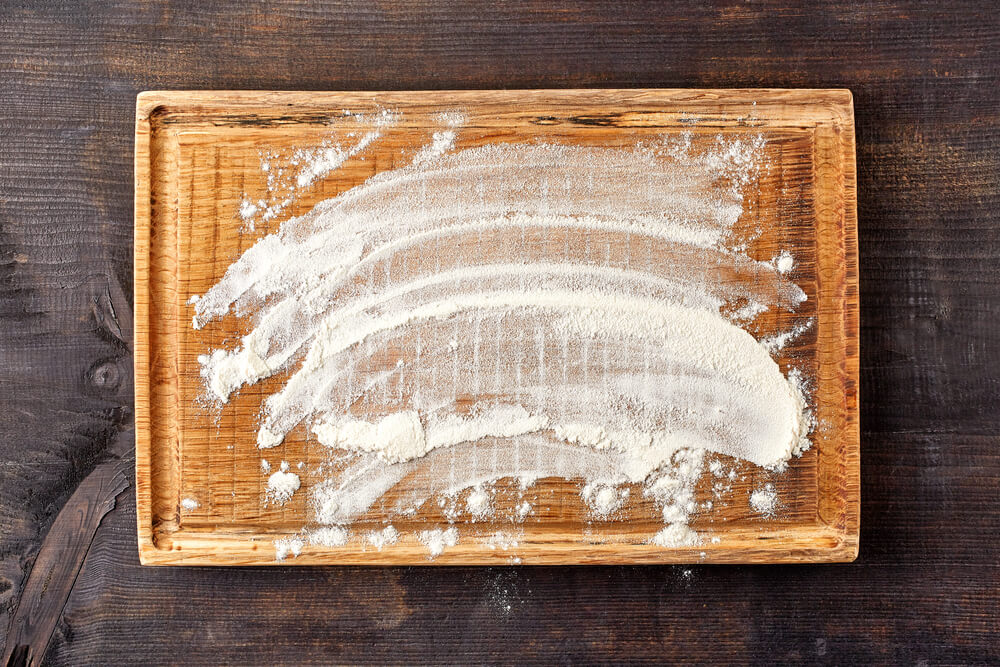
#8 Products With White Flour
White flour is one of the worst and most dangerous processed foods that you can eat. It’s what happens when you take something wholesome and refine it into something that the body doesn’t recognize. It is filled with chemicals, deodorizers, and bleaching agents. Not only this, but it’s very taxing to the pancreas. Fat gain and diabetes have also been linked to the consumption of anything containing white flour. Not a good choice!
#9 Baked Goods
Most commercially prepared baked goods have the same toxins as many of the types of foods already mentioned. Baked goods are rich in margarines, vegetable oils, white flour, refined sugar, preservatives, extenders, and additives.
Even if you like them, you should still avoid them.
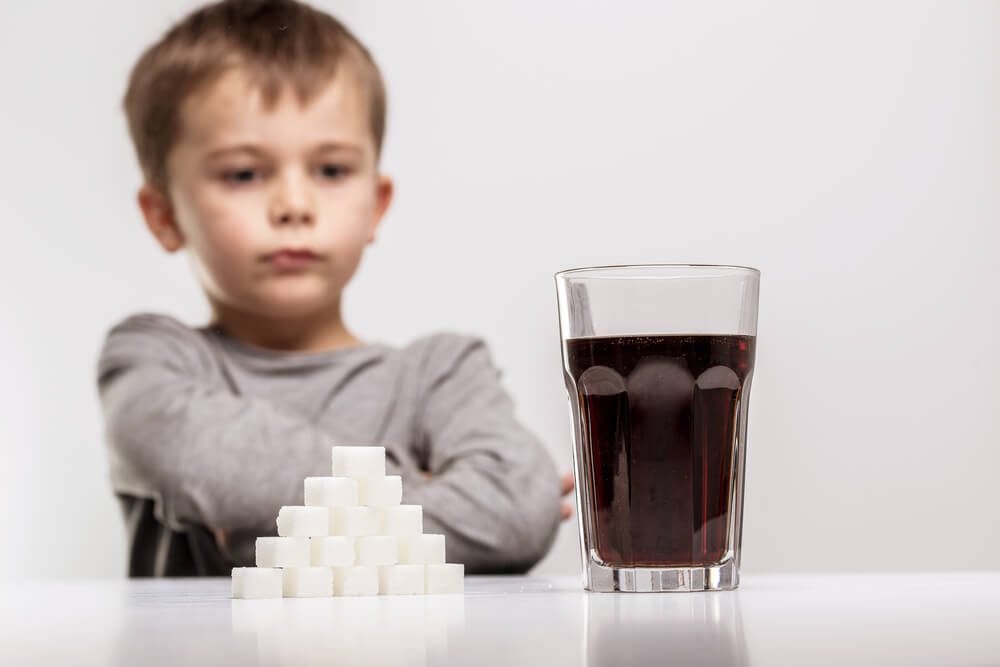
#10 Corn, Soy, And Wheat
Finally, the massively high levels of corn, soy and wheat in our diet are more of a new trend that originated from the very lucrative corn, soy and wheat industries. It’s more about money, not our health.
Passing on it may be hard. But, do your very best to stay away from derivatives of corn, soy, and wheat. This means skipping out on food additives.
Which ones?
The main ones are high fructose corn syrup (HFCS), corn oil, soybean oil (hydrogenated or plain refined), soy protein, refined wheat flour, hundreds of other food additives such as maltodextrin, corn or wheat starch, soy lecithin, mono, and diglycerides, etc. These are nothing but empty calories and leaving you pondering how to get rid of love handles.
Marinades, salad dressings, ketchup and breads all have these chemicals. As well, many processed foods are either fried in soybean or corn oils. And just think about how many breads, cereals, pastas, bagels, muffins and other highly processed wheat products that most people consume each day. They’re blood sugar spiking. They’re also nutrient-poor calories.
That means stay away!
Your Extra Credit!
Here’s a bonus on the top two to be aware of.
What are they?
They’re fat and sugar. It’s not necessary to avoid them altogether. With that said, it’s important to understand how powerful they can be so you can make the right choices.
Fats
Fats are a major source of energy and have other roles like helping to transport essential vitamins around your body. They’re an important part of your easy diet plan. But, you really don’t need too much. And, the type of fat you eat is also important. Saturated fat can raise bad cholesterol levels. It could also increase your risk of heart disease.
Men should have no more than 30g a day and women shouldn’t have more than 20g. Sources of saturated fat include: Fatty cuts of meat, processed meats (like sausages and bacon), butter, cheese, crisps, palm oil, coconut oil, chocolate, biscuits, cakes and pastries.
Unsaturated fats, including polyunsaturated (omega-3 and omega-6) fats, can help to lower your level of bad cholesterol. Top sources include: Omega-3 fats like the benefits of fish oil, omega-6 like vegetable oils (like rapeseed, corn and sunflower oil) and nuts like walnuts.
Mono-unsaturated can help to maintain levels of good cholesterol while reducing levels of bad cholesterol. Sources include olive oil, rapeseed oil, avocados, nuts like almonds, Brazil and peanuts.
As a general rule, men are advised to have 65g of unsaturated fats a day. Women should aim for 50g a day.
Sugars
It’s safe to say that the majority of the western world is eating too much sugar. Sugar gets added to a range of tempting foods like sweets, cakes, biscuits, chocolates, fizzy drinks, fruit juices and alcoholic drinks. They’re known as free sugars. If you eat a lot of these, they can make you gain weight and put you at risk of tooth decay. Added sugar just isn’t necessary for a healthy diet.
It’s suggested that you don’t eat more than 30g of free sugars a day. Now some foods have natural sugar. Fresh fruit is such an example. These also have a range of other nutrients such as fiber and vitamins, so they’re better for you than products with added sugar. Aim to satisfy your sweet tooth with these natural sugars rather than added ones.
Fat Versus Sugar
Many of us are conscious about the link between the amount of fatty food we eat and the amount that ends up on our belly! Yet, in the quest to cut down on fat, it’s easy to increase the amount of sugar we eat. This is just as bad if not worse!
Low-fat foods can often be pumped full of sugar so they won’t help you on that goal to lose weight. To say fat or sugar is the worst nutrient is a bad idea. Most of us should cut down on both. A healthy diet is all about balance. If you eat the right balance of foods from the major food groups and stick to sensible portion sizes, you’re doing it right.
Conclusion
I don’t intend to scare you with the foods on this list. I’m simply making you aware of their hidden dangers and effects on both your health and physique. You really do have the power to change your life and health. Eating healthily can taste amazing too! With so many resources available these days, there’s really no excuse for not eating and enjoying healthy foods while avoiding the destructive ones. It can be overwhelming at first, but, over time, you can become your very own nutritional guru!
By Keith Cormican, RD
Latest posts by Terry M (see all)
- Garage Gyms - Aug 1, 2018
- Kettlebells – Why They Should Be Added To Your Routine. - Jul 24, 2018
- Weight Belts: What Are They Really For? - May 31, 2018

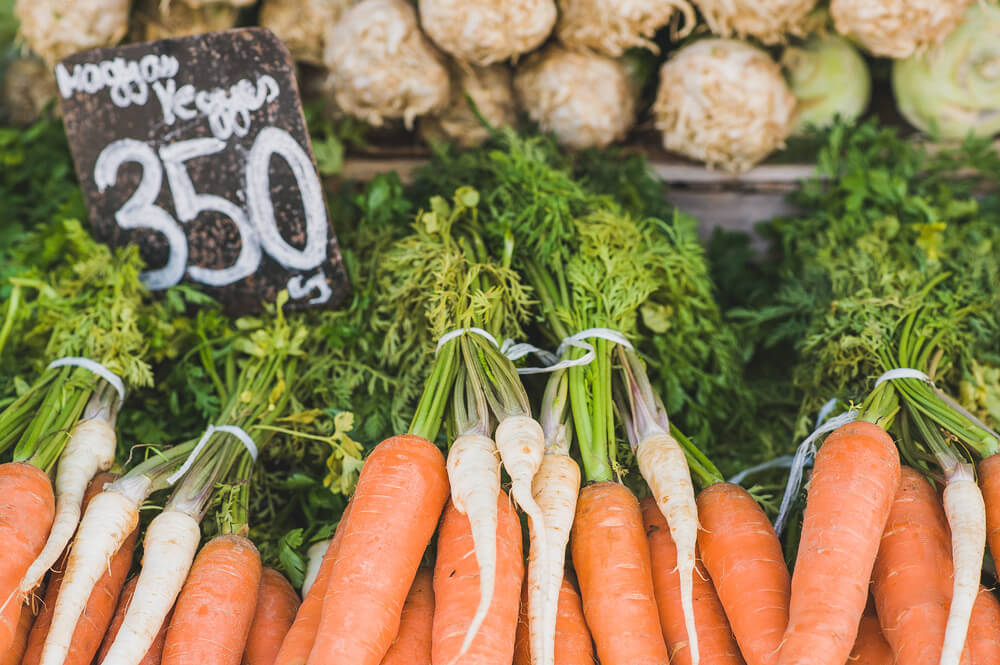
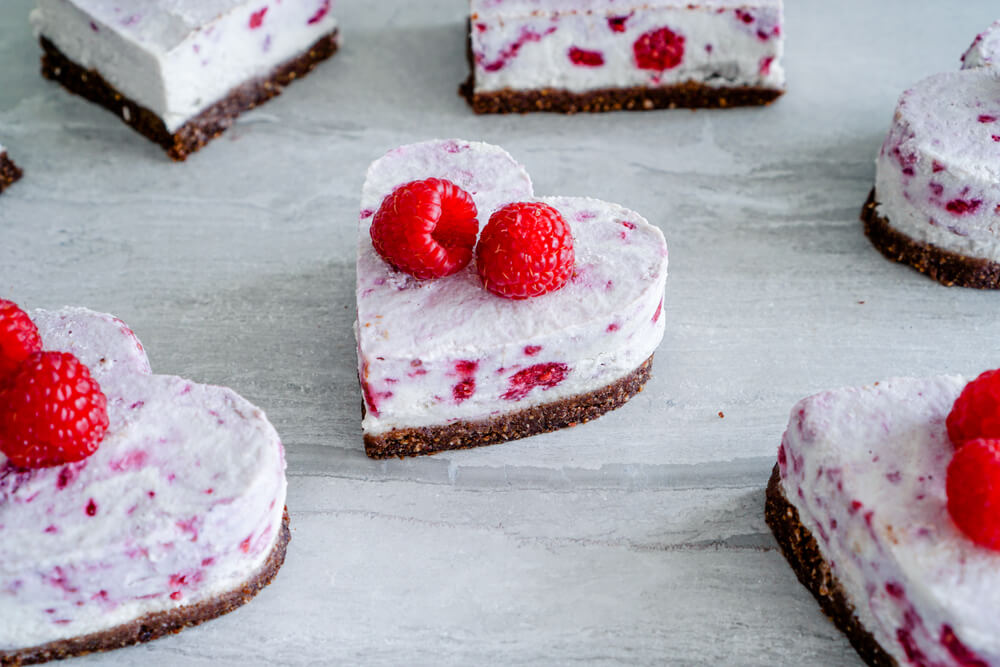
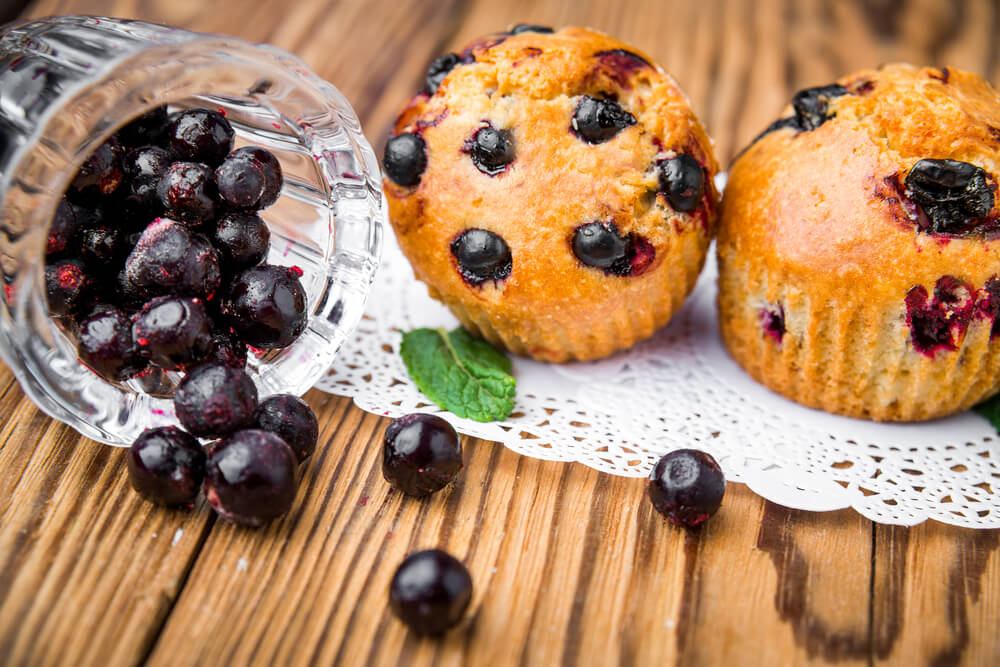










I think that we can eat everything, but it have to do right and separately.
Diet soda is 99 percent water, and is a viable calorie-cutting tool. Also, science has repeatedly reaffirmed the safety of this beverage and its ingredients, and debunked the false claims featured here. For example, the FDA has said there is no reason at all for any health concerns with respect to this ingredient, a position supported by regulatory agencies around the world. To this point, the FDA has very specifically said: “a consumer would have to drink more than 1,000 cans of soda a day to reach the doses administered that have shown links to cancer in rodents.” It’s also misleading to suggest low-calorie beverages uniquely cause the litany of complex health issues outlined here. Obesity, heart disease and diabetes are influenced by myriad risk factors; not any one source of calories. Bottom line: diet soda is safe, as decades of science and the approval of regulatory agencies around the globe affirms.
[…] up in Hong Kong. Not exactly California, but hey, Chinese food in the US isn’t exactly authentic Chinese food either (there’s a reason it’s called New York […]